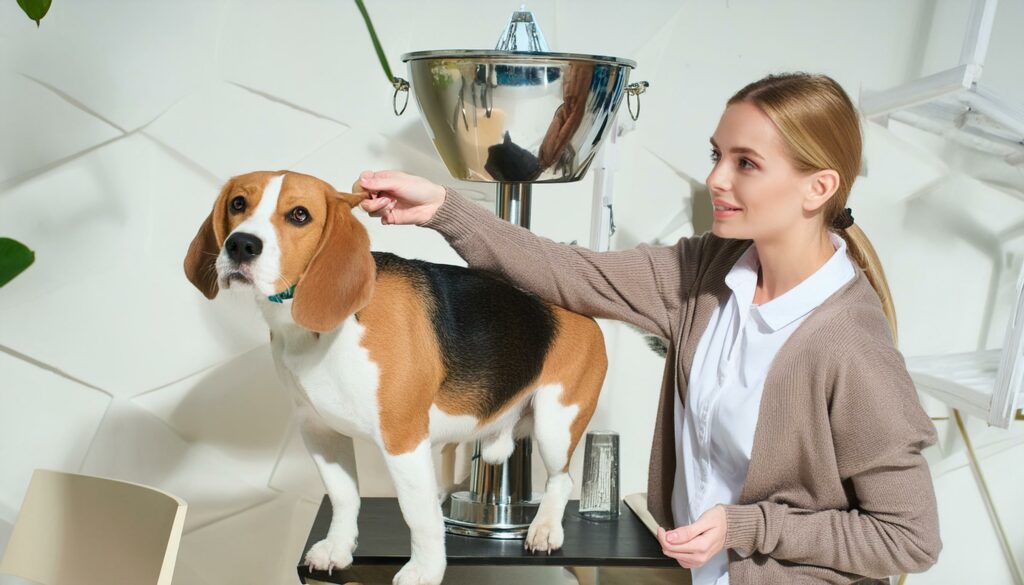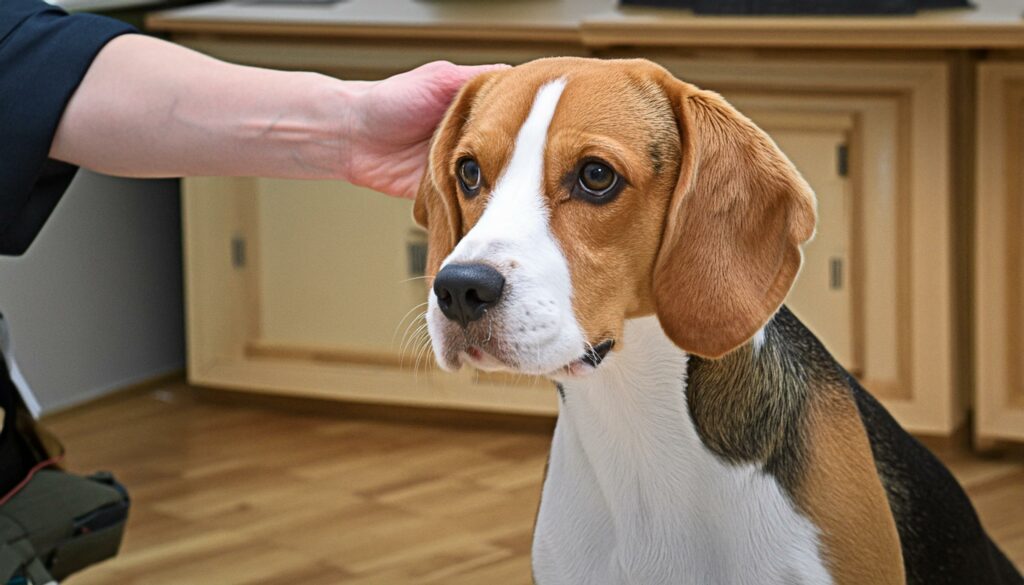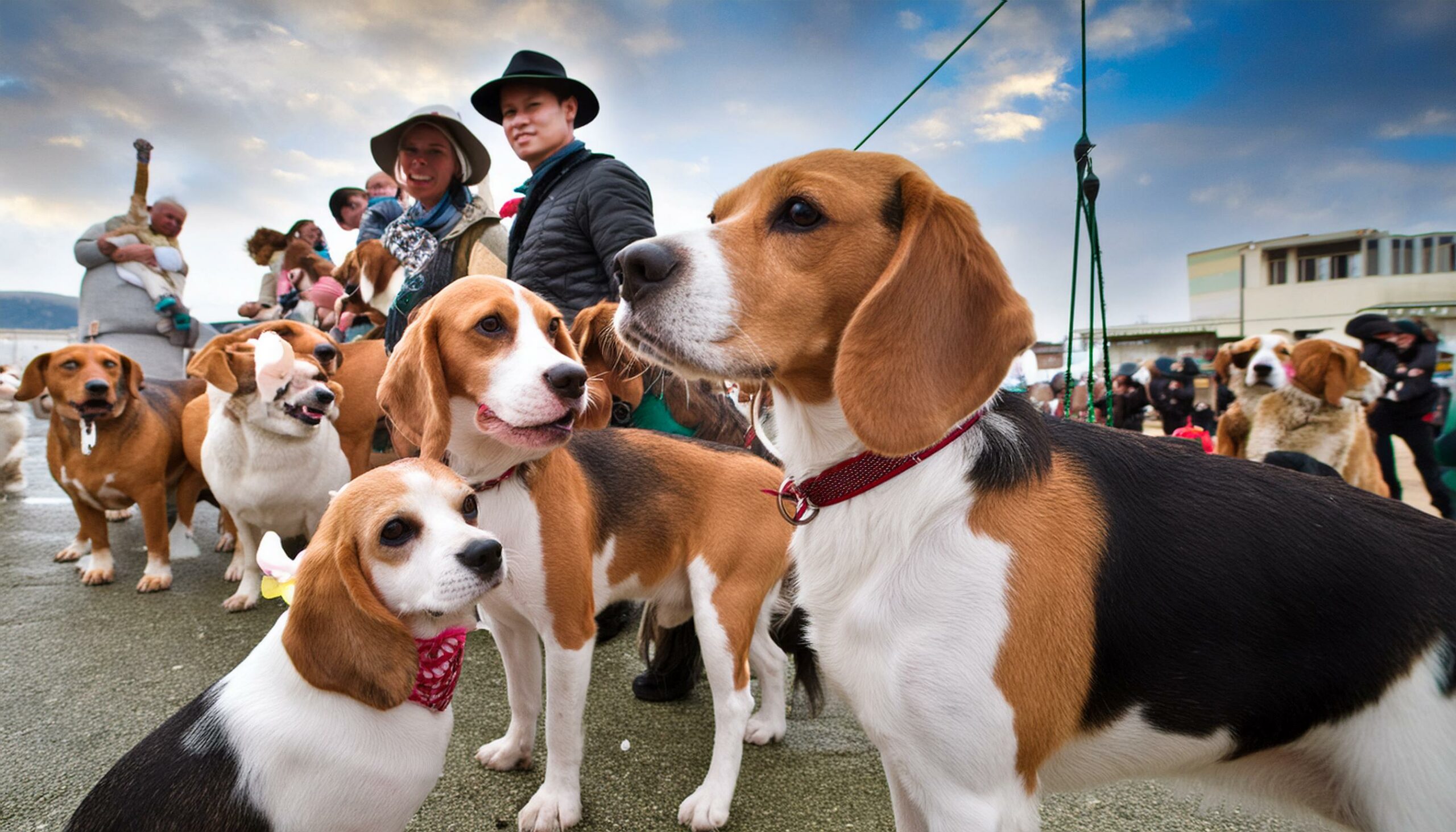Beagles, with their endearing floppy ears and expressive eyes, have long been cherished as companions in many households. Originating from England, Beagles were initially bred as scent hounds for tracking small game such as rabbits. Over time, they have transitioned into family pets cherished for their friendly demeanor and playful nature. Despite their popularity, some individuals harbor disdain towards this beloved breed. So, why do some people hate Beagles?
Traits and Characteristics of Beagles
Beagles typically possess a distinctive tricolor coat, with shades of black, tan, and white. They are of medium build, sturdy and muscular, with a keen sense of smell and an inherent curiosity. Their friendly disposition and affectionate nature make them ideal companions for families, singles, and seniors alike.
Reasons Why People Love Beagles
Many individuals adore Beagles for their unwavering loyalty, affectionate demeanor, and boundless energy. Their playful antics and adaptable nature endear them to people of all ages. Beagles thrive on human companionship and are known for forming strong bonds with their owners.
Common Misconceptions about Beagles
Despite their endearing qualities, Beagles often fall victim to misconceptions perpetuated by stereotypes. One common misconception is that Beagles are stubborn and difficult to train. While they may possess a strong independent streak, Beagles are intelligent dogs that respond well to positive reinforcement training methods.
Why Some People Dislike Beagles

Noise Level and Barking
One commonly cited reason for disliking Beagles is their propensity for barking. Beagles are vocal dogs, known for their distinctive howls and bays, which can be disruptive in certain environments. However, with proper training and socialization, excessive barking can be managed effectively.
Stubbornness and Independence
Beagles possess a strong independent streak, which can manifest as stubbornness, particularly during training sessions. This trait may frustrate owners accustomed to more obedient breeds. However, with patience and consistency, Beagles can be trained to obey commands and exhibit desired behaviors.
Exercise Requirements
Beagles are high-energy dogs that require ample exercise to stay mentally and physically stimulated. Failure to meet their exercise needs can lead to destructive behavior, which may sour some individuals’ perceptions of the breed. Regular walks, playtime, and mental stimulation are essential for keeping Beagles happy and healthy.
Negative Experiences with Beagles
Unfortunately, negative encounters with Beagles, whether due to personal experiences or media portrayal, can influence individuals’ opinions. Stories of Beagle-related incidents, whether exaggerated or factual, may contribute to prejudice against the breed. It’s essential to recognize that individual temperament and behavior vary among Beagles, and not all dogs of the breed exhibit negative traits.
Training Challenges with Beagles
Housebreaking Issues
Beagles are notorious for their stubbornness when it comes to housebreaking. Their strong instinct to follow scents may lead them to prioritize outdoor exploration over potty training. Consistent crate training and positive reinforcement can help address housebreaking issues effectively.
Behavioral Training Difficulties
Training a Beagle requires patience and consistency. Their independent nature means they may be less responsive to commands compared to more obedient breeds, posing a challenge for novice owners. However, with perseverance and positive reinforcement, Beagles can learn to exhibit desired behaviors and manners.
How to Address Dislike Towards Beagles

Education and Awareness
Dispelling myths and misconceptions surrounding Beagles is essential in fostering a better understanding of the breed. Education initiatives can help promote responsible ownership and highlight the positive aspects of Beagle companionship. By providing accurate information about Beagles’ traits and care requirements, individuals can make informed decisions about pet ownership.
Proper Training and Socialization
Investing time and effort into training and socializing Beagles from a young age can mitigate behavioral issues and foster a harmonious relationship between owners and their pets. Positive reinforcement techniques, such as rewards-based training and consistency, are particularly effective in shaping desired behaviors. By addressing behavioral challenges early on and providing ongoing training and enrichment, owners can help Beagles reach their full potential as loving and well-behaved companions.
Conclusion
While Beagles may not be everyone’s cup of tea, their endearing qualities far outweigh any perceived drawbacks. By addressing misconceptions, understanding their unique traits, and investing in proper training and socialization, individuals can develop a newfound appreciation for these charming hounds.
FAQs
- Are Beagles good family pets?
- Yes, Beagles are excellent family pets known for their affectionate nature and playful demeanor.
- Do Beagles bark a lot?
- Beagles are vocal dogs and may bark or howl, especially when excited or when they sense something interesting.
- Are Beagles easy to train?
- Beagles can be stubborn and independent, which may pose challenges during training. However, with patience and consistency, they can learn commands and obedience.
- Do Beagles get along with other pets?
- Beagles generally get along well with other pets, particularly if they are socialized from a young age. However, they may have a strong prey drive, so caution should be exercised around smaller animals.
- How much exercise do Beagles need?
- Beagles are active dogs that require regular exercise to stay healthy and happy. Daily walks, playtime, and mental stimulation are essential for meeting their energy needs.
